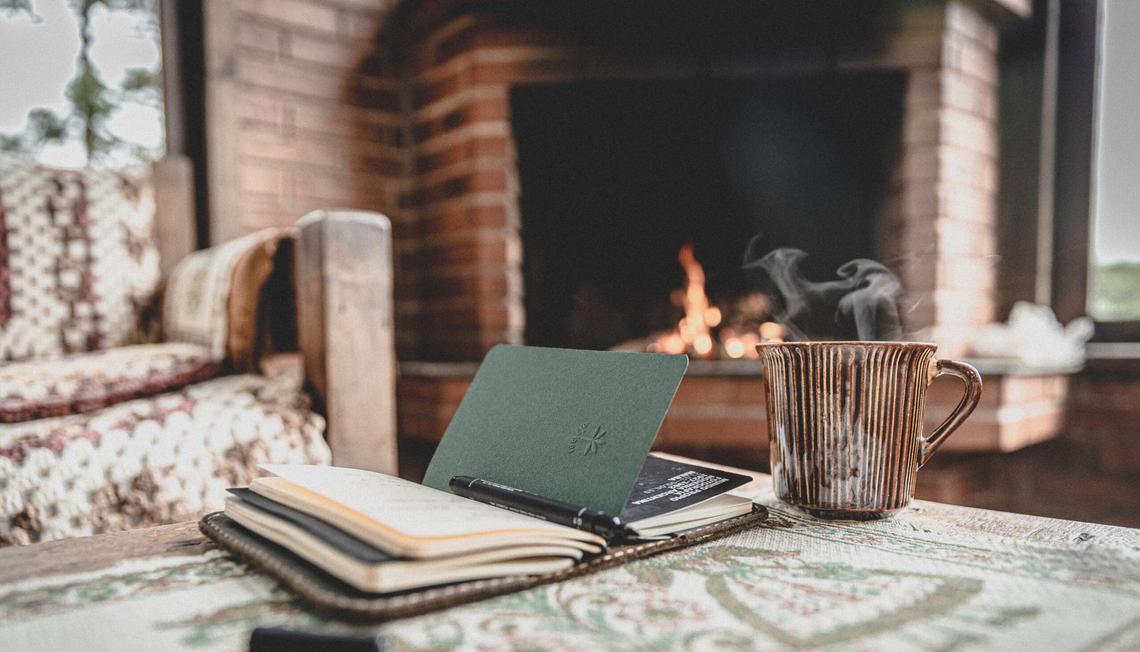Whether you’ve just bought your first home or have lived in your place for a decade or more, consistent maintenance is critical – not only to keep your house in good working order but to enhance your property’s value. Future Buyers can tell when a home has been well-maintained and this gives them confidence in making a purchase. Not only do well-maintained homes command higher prices but the process of selling them is easier because home inspection snags are avoided.
We’ve listened to countless home inspectors identifying issues of concern. We’ve come to understand what needs to be done on a seasonal basis to keep a home in tip-top shape. We’ve counseled sellers who are preparing their homes for sale and have to address what years of deferred maintenance have done to their property, often at great expense. By following our simple seasonal protocol, you will be able to address small issues before they become large, expensive ones – saving you money in the long term.
Inspect roof surface, flashing, eaves, and soffits. Repair if needed before winter weather hits.
Gutters and Downspouts
Clean out when leaves are done falling. Check for proper slope. Make sure downspouts drain water away from the foundation. Make sure the underground drainage system is functioning.
Outdoor Faucets and Sprinkler System
Shut off valves to outdoor faucets. Open spigots and drain, and store hoses. Don’t forget to winterize your sprinkler system.
Yard
Rake leaves and aerate the lawn. Take care of any insect or vermin problems you may have. See if any trees or shrubs need to be trimmed. Take down limbs that are dead or dying to prevent them from falling during winter storms. Clean and store your outdoor furniture in a dry place. Empty ceramic pots and store in your garage or basement so they don’t crack.
Winter Necessities
Have sidewalk salt, good shovels, etc. ready for winter. Be prepared for that first snow! Order your seasoned firewood and store it outside, covered with a tarp. Update your emergency supply kit with flashlights, fresh batteries, a first-aid kit, food, water and a portable radio.
Smoke and Carbon Monoxide Detectors
Test batteries and replace if needed. Consider replacing old detectors with new ones with “10 year sealed batteries” as these are preferred.
Air Conditioning/Heating Systems
Remove and store all window AC units. Have your system inspected annually by a professional. Schedule an inspection in late summer/early fall before the heating season
begins. If you have a system with filters, change the filter every 3 months.
Clothes Dryer
Vacuum lint from ducts and surrounding areas.
Range Hood
Wash fan blades, housing and screen.
Refrigerator
Vacuum the coils, change air and water filters.




 By submitting information, I am providing my express written consent to be contacted by representatives of this website through a live agent, artificial or prerecorded voice, and automated SMS text at my residential or cellular number, dialed manually or by autodialer, by email, and mail.
By submitting information, I am providing my express written consent to be contacted by representatives of this website through a live agent, artificial or prerecorded voice, and automated SMS text at my residential or cellular number, dialed manually or by autodialer, by email, and mail.
